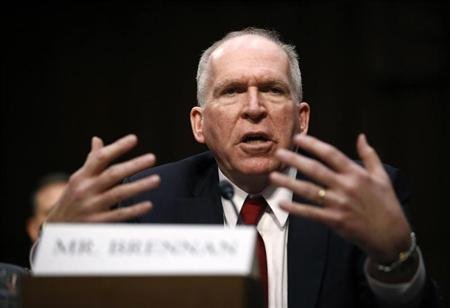WASHINGTON (Reuters) – With debate intensifying in the United States over the use of drone aircraft, the U.S. military said on Sunday that it had removed data about air strikes carried out by unmanned planes in Afghanistan from its monthly air power summaries.
U.S. Central Command, which oversees the Afghanistan war, said in a statement the data had been removed because it was “disproportionately focused” on the use of weapons by the remotely piloted aircraft as it was published only when strikes were carried out – which happened during only 3 percent of sorties. Most missions were for reconnaissance, it said.
U.S. President Barack Obama’s administration has increasingly used drones to target against al Qaeda-linked militants overseas.
Civilian casualties from drone strikes have raised ethical concerns and angered local populations, creating tension between the United States and Pakistan and Afghanistan.
Some U.S. lawmakers have also questioned the legality of targeted killings and whether drones would allow the killing of American citizens inside the United States.









